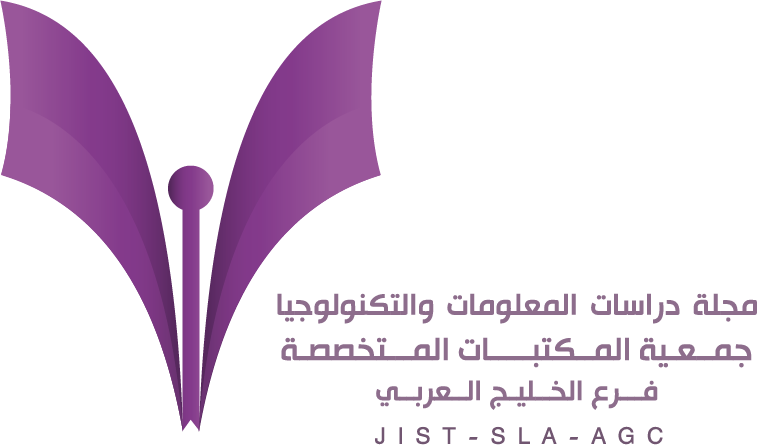-
oa اتجاهات طلبة قسم دراسات المعلومات في كلية التربية الأساسية بالكويت نحو استخدام تقنية ChatGPT في إعداد الأبحاث الأكاديمية
- Source: Journal of Information Studies & Technology (JIS&T), Volume 2024, Issue 2, سبتمبر ٢٠٢٤, 9
-
- ٢٤ أكتوبر ٢٠٢٣
- ٣٠ أبريل ٢٠٢٤
- ٣٠ سبتمبر ٢٠٢٤
ملخص
الملخص
هدفت الدراسة إلى تحديد مستوى معرفة طلبة قسم دراسات المعلومات في كلية التربية الأساسية(الكويت) بالمهارات المرتبطة باستخدام تقنية ChatGPT، والكشف عن اتجاهاتهم نحو استخدام تقنية ChatGPT في إعداد الأبحاث الأكاديمية، ومعرفة أبرز تطبيقات الذكاء الاصطناعي التي يمكن توظيفها في التعليم الجامعي. واعتمدت الدراسة الطريقة الكَمّية من خلال المنهج الوصفي المسحي؛ إذ تم توزيع استبانة على عينة بلغت 180 طالباً وطالبة. وأظهرت نتائج الدراسة أن أبرز تطبيقات الذكاء الاصطناعي التي يمكن توظيفها في التعليم الجامعي هي ChatGPT، ثم تطبيق BARD ثم DALL-E وELSA. كما أظهرت النتائج أن مستوى معرفة الطلبة بالمهارات المرتبطة باستخدام تقنية ChatGPT جاءت متوسطة، بمتوسط حسابي 3.52، كما أن اتجاهاتهم نحو استخدام تقنية ChatGPT جاءت متوسطة أيضاً بمتوسط حسابي 3.59. وبناءً على نتائج الدراسة تم تقديم مجموعة من التوصيات.
The study aimed to determine the level of knowledge of the students of information studies department, at the Kuwaiti Basic Education College, of the skills associated with the use of ChatGPT technology, and to reveal their trends towards the use of ChatGPT technology in the preparation of academic research, and the most prominent artificial intelligence applications that can be employed in university education. The study adopted the quantitative method through the descriptive survey method, where a questionnaire was distributed to a sample of 180 students. The results of the study showed that the most prominent applications of artificial intelligence that can be employed in university education are ChatGPT, followed by BARD and then DALL-E and ELSA. The results also showed that the students’ skills level for using ChatGPT technology was moderate, with an average of (3.52), and their tendency towards using ChatGPT also came in the middle with an average of 3.59. Based on the results of the study, a set of recommendations was made.


